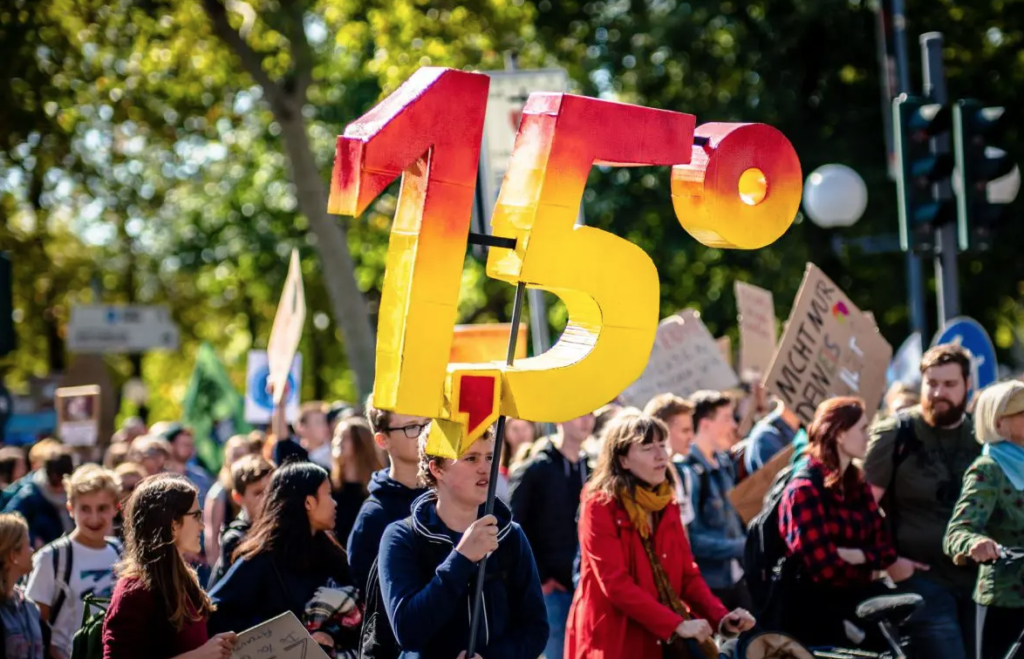LSE dossier takes stock of climate litigations against governments
(Sustanabilityenvironment.com) – Only in 2021, 30 governments were dragged to court for climate inaction. In practice, more than 1/3 of those never tried. A boom of unprecedented climate litigations, with the number of cases increasing since 2017. It is increasingly localized not only in advanced economies but also in developing countries. Currently, there are 8 cases in Latin America and 7 in South Asia.
Climate litigations increase in number, but also in terms of impact. This is explained by a report by the London School of Economics entitled Challenging government responses to climate change through framework litigation (Challenging government responses to climate change through framework litigation) just published, analyzing 56 cases against national governments and 24 cases against sub-national authorities launched after 2005.
Read also The EU must leave the Energy Charter Treaty: “Violated our human rights”
It is now widely demonstrated, the authors conclude, that the success of climate litigations can “have a significant impact on the decision-making process of governments, requiring them to develop and implement more ambitious policy responses to climate change”. There are many examples in Europe. The Netherlands, France, the United Kingdom and Germany are all countries whose governments have recently been condemned to straighten their climate policies.
But one thing is the sentence, another thing is whether and how the state changes course. In a week, Berlin has passed a law that updates climate targets, for example by anticipating climate neutrality by 5 years. Other countries have taken the time or have done nothing yet.
For this reason, the report warns, “potential climate contenders, including civil society organizations and funders, should think carefully about when and how to bring” climate disputes with governments, “especially in light of the challenges related to the execution of sentences”.

